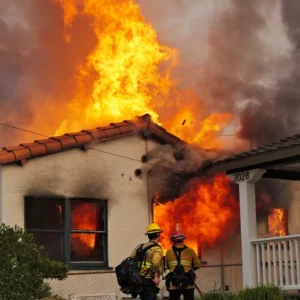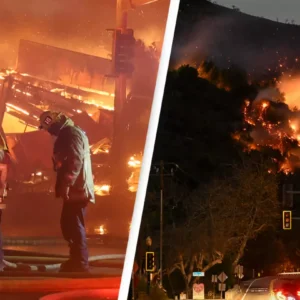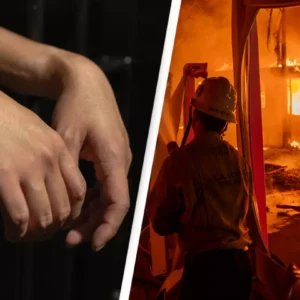So You’re Dating a Narcissist
Spotting the signs of narcissists, particularly in a romantic partner, can be a difficult task. When emotions are involved, our judgment and perception are easier to blur. However, psychologists emphasize the importance of recognizing signs to safeguard your mental well-being in relationships. Erin Leonard, a psychotherapist from Indiana, speaks to three phrases that may be seemingly innocent but serve as red flags in identifying narcissistic behavior.
1. “I’m sorry you feel that way”
A phrase that seems simple on the surface, but may signal narcissistic tendencies is “I’m sorry you feel that way.” This statement, as Leonard explains, is far from empathetic. Instead of acknowledging your emotions, narcissists will dismiss them as solely yours without any validation or understanding. This lack of empathy can make emotional turmoil worse in the relationship. Leonard suggests responding with empathy-driven phrases like “I’m not sure why you’re upset, but I want to understand,” leading to a healthier communication dynamic.
The Daily Mail underscores the negative impact this behavior has on the emotional well-being of your partner. This kind of talk perpetuates a cycle of invalidation and emotional neglect. It becomes evident that recognizing and addressing this tactic is essential for creating healthier communication patterns in relationships.
2. “You have anger issues”
In moments of conflict, narcissists often resort to blame-shifting, a method designed to deflect accountability onto their partners. Accusations like “you have anger issues” invalidate genuine grievances a partner can have and portrays the victim as irrational or unstable. Leonard says that such behavior mirrors a narcissist’s inability to manage emotions effectively and projects their rage onto their partner. Recognizing this pattern is crucial for reclaiming agency and confronting any manipulation taking place in the relationship.
The phrase serves as a mechanism for the narcissist to avoid responsibility for their actions. The psychological toll of this gaslighting technique on the partner’s mental health cannot be understated, as well as the need for assertiveness and boundary-setting within the relationship. Blame-shifting in narcissistic dynamics has insidious intent and this only shows the importance of recognizing and confronting manipulative techniques as soon as possible.
3. “You ruined it”:
Another phrase indicative of narcissists is “you ruined it.” This statement, coupled with displays of victimhood or silent treatment, is designed to induce guilt and suppress any dissent in the relationship. By portraying themselves as the party that’s hurting, narcissists can maintain control and even evade accountability for their actions, a common trait we have already seen to be a staple for narcissists. Leonard underscores the importance of addressing conflicts openly, early, and constructively. Healthy relationships require mutual respect and communication.
By employing dramatic displays of victimhood, narcissists can try to maintain dominance in the relationship. Insights from both Leonard and the Daily Mail underscore the need for open communication, assertiveness, and consistency in navigating relationships with narcissistic individuals. Partners need to feel empowered to confront manipulation and prioritize their emotional well-being (if they’re set on staying with this kind of partner, they need to know what’s required to stay afloat).
Narcissists Take Work
Navigating a relationship with a narcissistic partner can be emotionally taxing and detrimental to one’s well-being. Erin Leonard’s insights expose manipulations inherent in narcissistic behavior, urging individuals to recognize and address these red flags proactively. By fostering empathy, assertiveness, and open communication, individuals may be able to safeguard their mental health and cultivate a healthier relationship built on mutual respect and understanding. Empathy, assertiveness, and boundary-setting emerge as crucial tools in navigating the complexities of narcissists, empowering individuals to prioritize their emotional well-being and cultivate relationships built on mutual respect and understanding. Remember, recognizing these phrases is the first step toward reclaiming agency and fostering emotional resilience in relationships.





